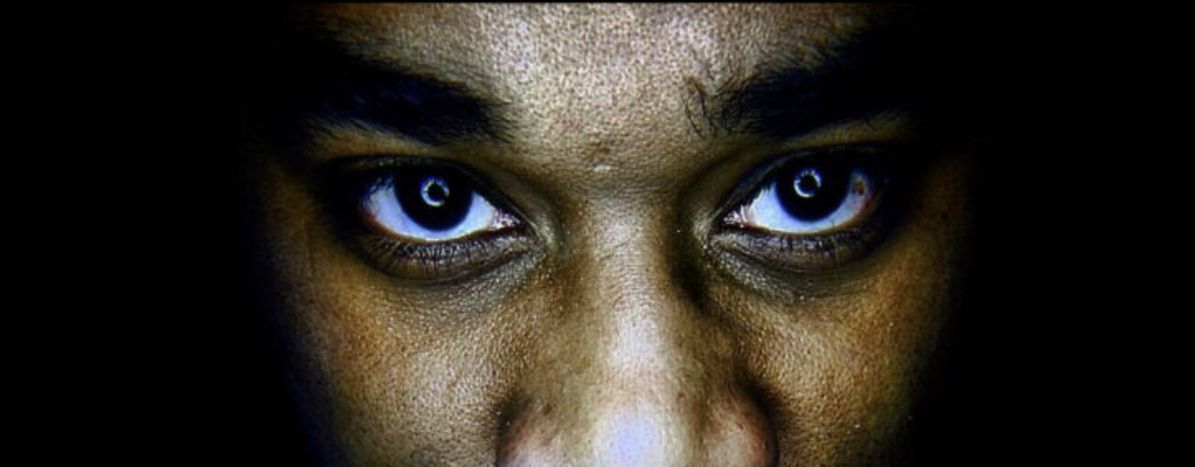
United Artists for Italy celebrate diversity in Italian cinema
Published on
A new campaign calling for greater diversity in Italian cinema will be launched in Rome tomorrow with the premiere of a documentary exploring a century of Black Italian cinema. We spoke to Italian-Ghanaian director Fred Kudjo Kuwornu about how a lack of diversity is not just an Italian problem, but a European one.
Representations of diversity in Italian society are often influenced by stereotypes and misconceptions. Take the recent #FertilityDay campaign by the Italian Ministry of Health, which promoted a booklet that divided the "good examples" to follow and the "bad companies" to avoid between a group of angelic white people and another group which included a black person taking drugs.
The lack of diverse representation in Italian TV and cinema is at the centre of a new campaign by United Artists for Italy, a group of diverse Italian artists with African and Asian backgrounds.
United Artists for Italy's initiative will be launched Friday 14 October in Rome's Cinema House ahead of the Rome Film Festival this weekend, and will also feature the Italian premiere of the documentary Blaxploitalian: 100 years of Blackness in Italian Cinema, directed by the Italian-Ghanaian filmmaker Fred Kudjo Kuwornu.
Blaxploitalian explores the seldom-seen history of the contribution of Afro-Italian actors and actresses to Italian cinema.
"The idea of Blaxploitalian arises from a personal journey, which made me realise unconsciously that black people were not propertly represented in the media," Kuwornu explains. "During my years in Italy I felt a sense of absence that I could not explain, until I realised that I had grown fond of watching Brazilian football players and American serials like Arnold and the Robinsons, because they were the first black people to be featured in the Italian television. This journey inspired me to investigate the history of black stars in Italian cinema."
The voices in Kuwornu's documentary are varied, from Dominican-born actress Iris Peynado to American blaxploitation star Fred "The Hammer" Williamson (Enzo Castellari's The Inglorious Bastards) and it's a journey through the history of Italian cinema, from the colonial films in the times of the Fascist regime, through the neorealist period right to the issue of misrepresentation in the present day, where the tendency is to offer stereotypical roles to Black and Asian actors.
The Italian context is at the core of Blaxploitalian's call for change, but it's also a part of a more global call for greater diversity. Other campaigns include #OscarsSoWhite, led by African-American actors in the US, as well as the commitment by notable Black British actors Idris Elba and Lenny Henry; they, along with 50 other actors and creatives, signed an open letter to all British broadcasters to ringfence funds for programmes by Black, Asian and Minority Ethnic (BAME) creatives in the UK.
Issues of race continue to plague the UK film industry. Idris Elba was labeled as 'too street' to fill Daniel Craig's shoes as the new James Bond, while John Boyega received racist abuse for playing a Stromtrooper in Star Wars: The Force Awakens.
"This is a documentary for social change," says Kuwornu, "and with the hashtag #DiversityinMediaMatters we plan to create events and initiatives around the world. The commitment of actors like Idris Elba and Lenny Henry on this front made me realise that maybe it's up to creatives, both Afrodescendants and of those of other heritage, to lead the charge."
"In the European context there is a commitment to developing and supporting national creative industries in order to create an European identity. But there is a lack of knowledge about for what concerns the minorities within these countries, from Black and Asian to LGBT and disabled people, and I believe that the EU should intervene on this agenda."
Rome is just the beginning for Blaxploitalian and United Artists 4 Italy's journey. The path to greater diversity in the media will be a long one.
---



